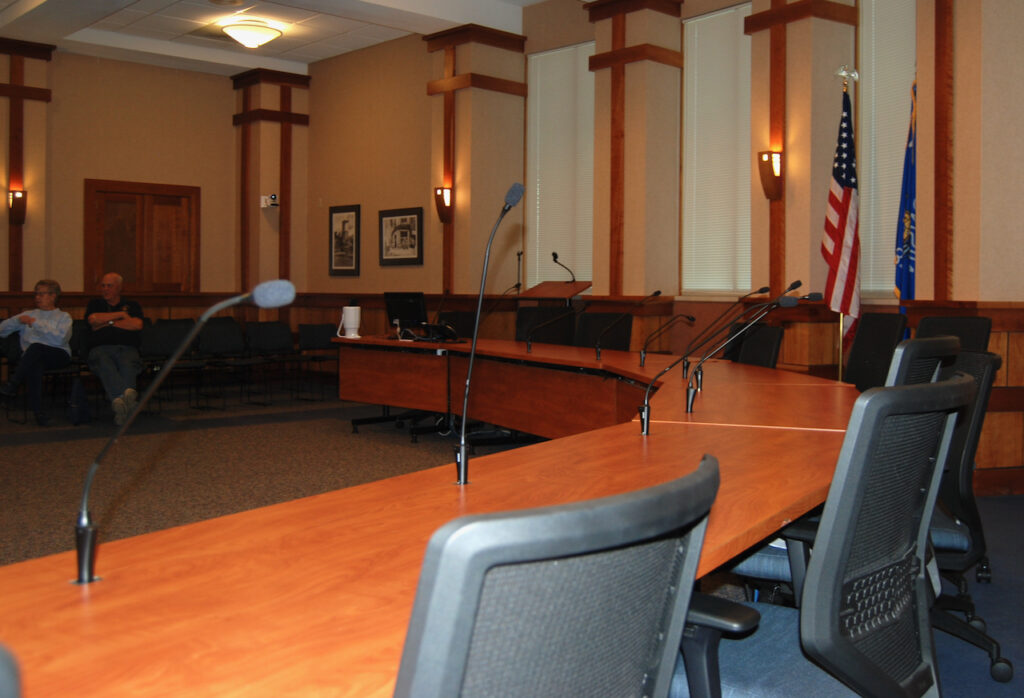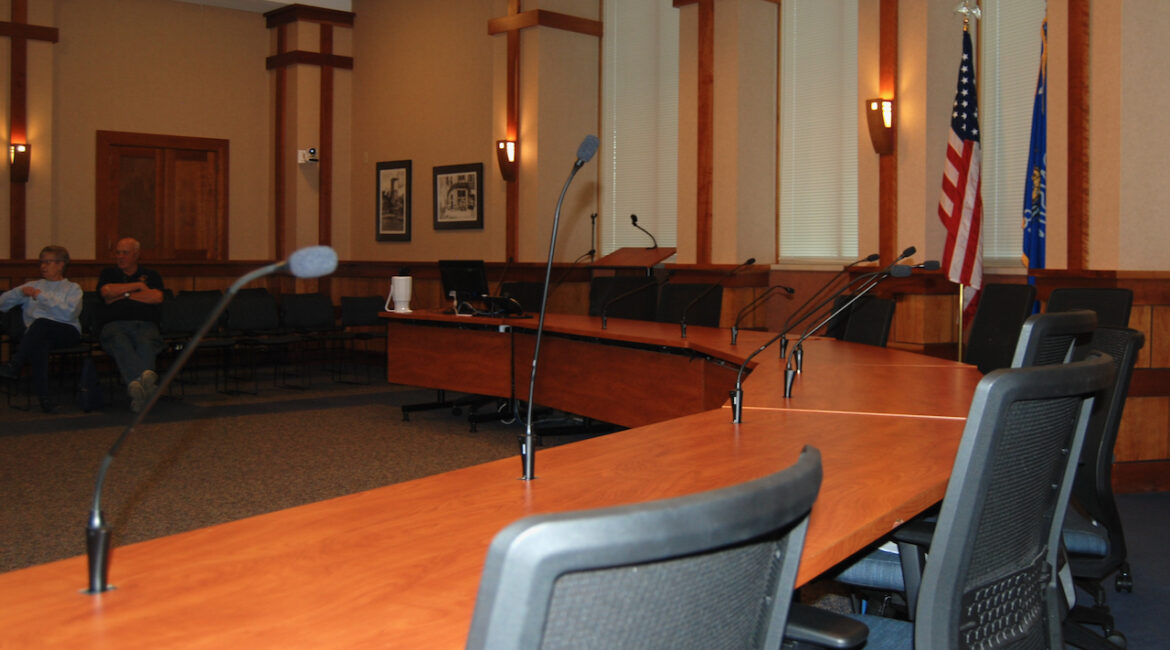By Kim McDarison
An ordinance aimed at reducing nuisance emergency calls received final approval Tuesday during the Whitewater Common Council’s regularly scheduled meeting.
The item was approved without discussion and as part of the council’s consent agenda, a tool used by municipal governments, allowing multiple routine meeting items to be grouped together as a single agenda item and approved with one motion.
Along with the ordinance outlining preventable EMS calls, an item acknowledging the filing of financial reports for October was included within Tuesday’s consent agenda. The consent agenda received unanimous approval.
Councilman Greg Majkrzak was not in attendance.
The ordinance addressing preventable EMS calls was initially discussed during a council meeting in October, during which time council voted to postpone the matter.
During discussion held in October, council members expressed concerns with stipulation proposed within the ordinance which presented a schedule of penalties for those residents who engaged in activities the police and fire departments defined in the ordinance as “unnecessary or preventable” calls.
Within the ordinance, as initially proposed in October, eight behaviors were defined as unnecessary or preventable, including:
- Calls that do not require emergency service.
- Repeated calls that display a pattern indicating the home/care employee skill levels and capabilities do not align with the special needs of the resident.
- Fire alarms caused by unattended, burned food.
- Fire alarms caused by detectors that have not been maintained.
- Fire alarms caused by excessive dust or a similar non-combustible trigger.
- 911 misdial/hangup calls.
- Runaway, elopement or missing resident calls.
- Lift assist calls not caused by a fall.
In the revised ordinance that received approval Tuesday, one behavior — lift assist calls not caused by a fall — was removed from the list.
Additionally, during discussion held by council members in October, several expressed concern with the punitive nature and schedule of fines proposed in the ordinance.
In October, the ordinance outlined the following penalties for the listed offenses: First offense, not less than $100 or more than $300; second offense within one year, not less than $300 or more than $550, and for a third or subsequent offense within one year, not less than $500 or more than $700.
Majkrzak asked about the process that would be used to initiate punitive action, further asking: at what point would someone be citied for a violation?
He suggested that a three-strikes concept might be developed, giving residents an opportunity to resolve problematic behavior before receiving a penalty.
He also suggest that the first offense could be treated like a warning.
Councilman Jim Allen expressed concern that some individuals within the community might not understand that they were in violation of a city ordinance.
He said: “This could be used more against Hispanic people, or interpreted that way, if it’s used unequally.
“It’s tough to create an ordinance that could be used against someone who doesn’t understand what they’re at fault for. Secondly, there are situations where they don’t have $300. … I don’t know. I think it needs a little more work.”
Language within the ordinance which was approved Tuesday states that “any person, company or organization, which has generated three or more documented complaints or circumstances requiring emergency services, determined to be an unnecessary or preventable call for emergency services on three or more incidents within one year, shall receive a written notice from the police department outlining their violation of this ordinance.”
Subsequent violations, according to the ordinance, occurring in the one-year period may result in a fine.
Penalties are as follows: not less than $100 nor more than $300 for a first offense; not less than $300 nor more than $550 for a second offense within one year; and not less than $500 nor more than $700 for a third or subsequent offense within one year. One year is defined as a 12-month rolling calendar year, according to the ordinance.
An earlier story about the ordinance and a presentation made to council in October is here: https://fortatkinsononline.com/whitewater-council-postpones-ordinance-aimed-at-reducing-nuisance-emergency-service-calls/.
The full ordinance is here: http://fortatkinsononline.com/wp-content/uploads/2022/11/WW-ordinance-unnecessary-preventable-EMS-calls-.pdf.

Whitewater council chambers, file photo/Kim McDarison.
This post has already been read 1084 times!
